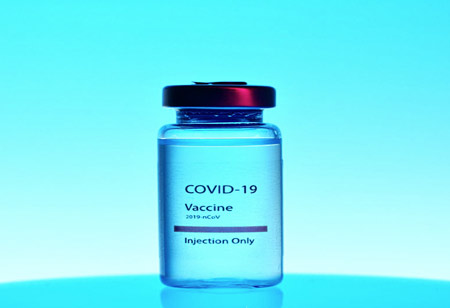Thank you for Subscribing to Healthcare Business Review Weekly Brief
The Role of Simulation Training in Improving Medical Education Across Europe

Be first to read the latest tech news, Industry Leader's Insights, and CIO interviews of medium and large enterprises exclusively from Healthcare Business Review
Thank you for Subscribing to Healthcare Business Review Weekly Brief

By
Healthcare Business Review | Tuesday, January 02, 2024
Stay ahead of the industry with exclusive feature stories on the top companies, expert insights and the latest news delivered straight to your inbox. Subscribe today.
Simulation training is transforming European medical education, enhancing patient outcomes and promoting standardisation through the integration of artificial intelligence and augmented reality.
FREMONT, CA: In recent years, simulation training has emerged as a pivotal tool in enhancing medical education across Europe. Simulation training provides a safe and controlled environment for healthcare professionals to practice and refine their skills, ultimately contributing to improved patient outcomes.
In Europe, the integration of simulation training has demonstrated dynamic yet varying progression. Several nations, notably the Netherlands and Denmark, embraced simulation early on by incorporating it into their fundamental medical curricula. Presently, countries like Germany and France are swiftly advancing, showcasing robust investments in cutting-edge simulation centres. They are actively amalgamating these centres into their training initiatives to enhance medical education and practice.
Benefits of Simulation Training
Safe Learning Environment: Simulation training provides a safe and controlled environment where healthcare professionals can make mistakes without compromising patient safety. This fosters a culture of continuous learning and improvement.
Realistic Scenarios: High-fidelity simulators and virtual reality platforms recreate realistic clinical scenarios, allowing students and professionals to experience a wide range of medical situations, from routine procedures to rare emergencies.
Team Collaboration: Healthcare is inherently collaborative, and simulation training enables interdisciplinary teams to practice communication and coordination in a simulated clinical setting. This enhances teamwork and ensures seamless patient care.
Repetition and Mastery: Medical skills require repetition for mastery. Simulation training allows learners to repeat procedures and scenarios until they achieve proficiency, bridging the gap between theory and practice.



